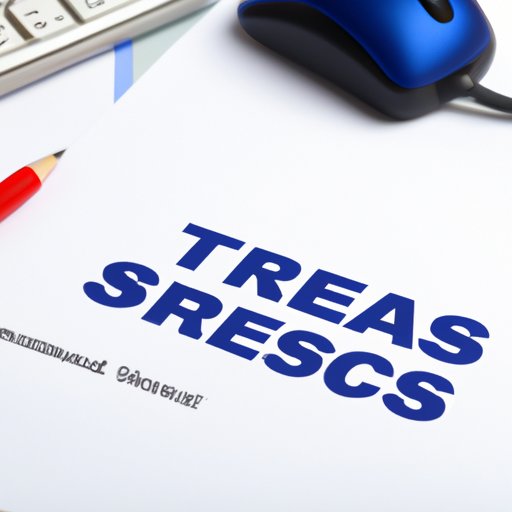
Introduction
If you have been advised to take a stress test, it can be a daunting and overwhelming experience. But it is important to take this test seriously, as it can help detect underlying heart conditions and prevent future health issues. In this article, we will be discussing tips and advice on how to prepare for a stress test, covering everything from diet and exercise to mental preparation.
Understanding the Purpose of the Stress Test
A stress test is a medical procedure that is used to evaluate your heart’s ability to respond to physical stress. There are different types of stress tests, such as exercise stress tests, pharmacological stress tests, and stress echocardiograms. These tests are performed to check if there are any blockages or abnormalities in your heart or if you have any underlying heart conditions.
The Role of Diet and Exercise
Following a healthy diet and engaging in physical exercise is essential when preparing for a stress test. A healthy diet can improve cardiovascular health, while regular exercise can help improve your heart’s ability to handle stress. To improve your diet and exercise routine, consider incorporating more fruits and vegetables, lean proteins, and whole grains into your meals, along with regular exercise routines that are safe for you.
Preparing Mentally
Stress tests can be an anxiety-inducing procedure for many people. To help ease that anxiety, it is essential to prepare mentally. Techniques such as deep breathing exercises, self-care activities, and mindfulness meditation can be helpful in managing stress. It is also important to speak with your doctor about any concerns you may have, as they can provide guidance and reassurance.
Explain the Procedure
Stress tests typically involve measuring your heart’s electrical activity while you exercise on a treadmill or stationary bicycle. During the test, the speed and incline are gradually increased to increase the intensity of your workout. Various cardiovascular measurements are taken throughout the test, and you will be monitored by a doctor or technician.
Dress Appropriately
During the stress test, it is important to wear comfortable, loose-fitting clothing and appropriate footwear. Your shoes should be comfortable with good support, and appropriate for exercising.
Arrange Transportation
After the test, you may not be able to drive for a while, which is why it is important to have someone who can accompany you to the appointment. You can also arrange for a taxi or other form of transportation to take you home.
Follow-Up Care
Following up with your doctor after the stress test is crucial. If the test results show any abnormalities, it is important to take any necessary steps or medications prescribed by your doctor. This may include necessary lifestyle changes, such as dietary restrictions or exercise routines.
Conclusion
Preparation is key to a successful stress test. By understanding the purpose of the test, improving your diet and exercise routine, preparing mentally, knowing the procedure, dressing appropriately, arranging transportation, and following up on your results, you can ensure that you take this procedure seriously and have successful results.




